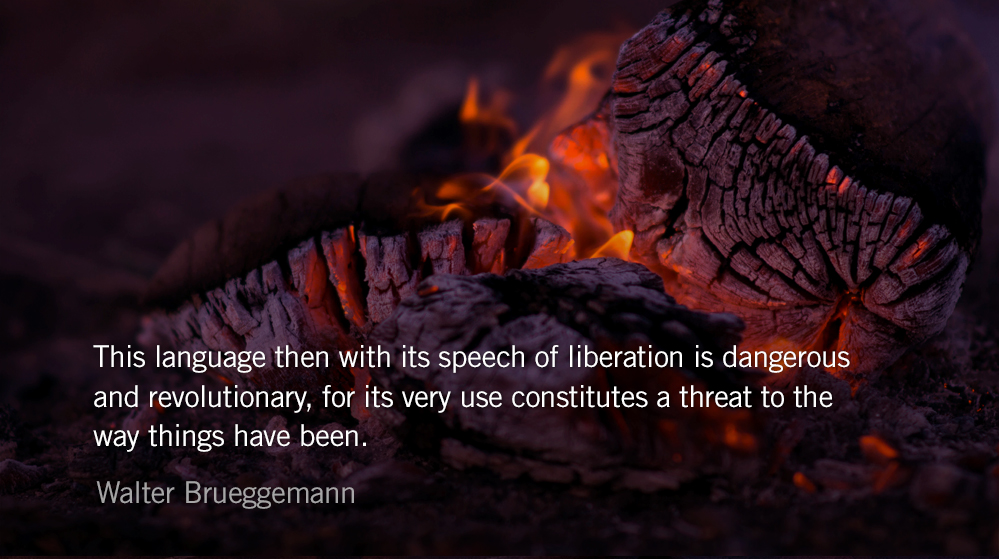Commit your way to the Lord; trust in him, and he will act. He will bring forth your righteousness as the light, and your justice as the noonday. — Psalm 37:5–6
Dedicate yourself to God and he will act. But what happens when he doesn’t? How are we to understand God in a world riddled with injustice and unanswered prayer?
“In our culture we imbibe an understanding of language that is positivistic,” Walter Brueggemann explains. “That is, we believe that the function of language is only to report and describe what already exists. The usefulness of such language is obvious. It lets us be precise and unambiguous. But it is one-dimensional language.”
As a collection, the Psalms represent a wonderfully textured worldview and theology. An individual Psalm looks at God with profound faith—“the earth is full of the steadfast love of the Lord!”—while another crumbles in utter despair—“O Lord, why do you cast my soul away?”
Ultimately the Psalms move away from the language of simplistic belief, developing a robust and buoyant understanding of God that embraces his majesty moving over time, and through his people, to restore the brokenness of our world. “Save us, we pray, O LORD! … The LORD is God, and he has made his light to shine upon us.”
We can choose to read the Psalms as representative of faith in an ancient culture—an ancient time when simple faith was possible—but there is a richer way of understanding them. In the Psalms we find the language of heaven. We glimpse, if for a moment, the glory of what God has already started and will be faithful to complete. Brueggemann concludes,
In using speech in this way we are in fact doing in a derivative way what God has done in the creation narratives of Genesis. We are calling into being that which does not yet exist.
The bold symbolic use of language in the psalms is restive with what is. It races on ahead to form something new that never was before. This language then with its speech of liberation is dangerous and revolutionary, for its very use constitutes a threat to the way things have been.
The language of the Psalms permits us to be boldly anticipatory about what may be, as well as discerning about what has been.
Today’s Reading
Ezekiel 1 (Listen – 4:47)
Psalm 37 (Listen – 4:21)






